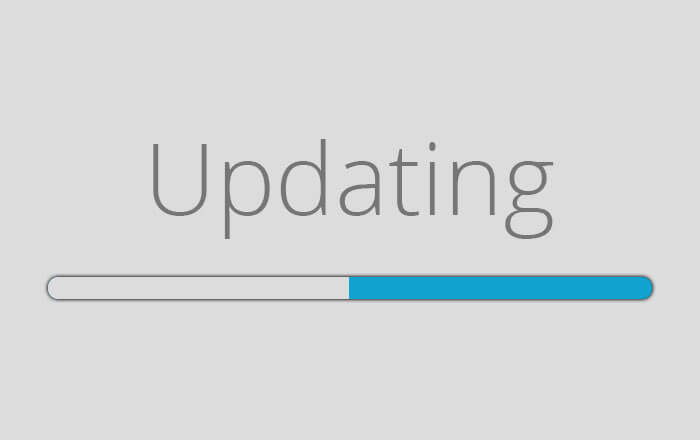System upgrades are critical to boosting business performance. A system upgrade typically involves adding new hardware or updating software to increase the functionality of a system. However, system upgrades can also have many lesser-known benefits for your workplace and day-to-day operations. For example, it can increase the lifespan and efficiency of computer equipment, as well as improve security.
Here are five other reasons why you should consider upgrading your systems:
- Increased employee productivity
- Business growth
- Better IT support
- Improved system security
- Extended warranty
What to keep in mind when considering system upgrades
Before investing in system upgrades, it’s first key to understand what’s attainable as a result of your decision. Hardware upgrades can’t transform your slow computer into a super-efficient one or convert black-and-white printers into laser colour printers. Similarly, updating your software may be futile if your hardware can’t adequately support the latest versions. Therefore, you may want to consider undertaking an audit to review your assets before upgrading your organisation’s infrastructure.
Effective system upgrades involve making coordinated and consistent improvements. Hardware upgrades can involve changes like swapping your hard drive for a Solid-State Drive or upgrading your RAM. These changes are often chosen to boost performance and improve the running efficiency of your system. You could also swap your existing battery for one with a higher capacity to ensure the ability to work on the go. This may be useful if your organisation has a growing need for hybrid/remote workers and assigns work devices.
If your budget for electronics is low, you could consider buying more memory to improve performance. This option offers an easy fix to your IT system until your budget allows for new equipment. You could also invest in better software to elevate performance internally.
All in all, these small shifts in your system can make a hugely positive impact on your business’ efficiency and employee productivity. Simply, by understanding the limitations of your company’s current systems, you can decide on the appropriate upgrades to consider.
Different hardware updates that are worth investing in
Inevitably, many small businesses will have a limited budget for computer equipment. So if you are, you’ll already know that any IT purchase comes with a lot of careful consideration beforehand. And to ensure you get a return on your investment, you must be aware of what upgrades are worth spending your budget on.
According to research by Greenpeace, the lifespan of computer equipment has reduced to a disappointing two years. Systems tend to slow down as new, memory-intensive software enter the market and the remnants of old files start to accumulate. Therefore, if you don’t replace or upgrade it, your business could suffer due to less-responsive systems.
Here are five hardware upgrades that can help you avoid system issues:
- RAM – You can update to 4GB or 8GB ram for under £50.
- Hard drive – You can switch a traditional hard drive for a solid-state drive for better performance.
- Video card – If you’re a gamer or animation artist, you may want to invest in purchasing a video card or graphics card for improved visuals.
- Processor – You could replace your Central Processing Unit and opt for one with a more advanced processor.
- Monitor – You could either replace your monitor for one with a better and bigger display or add monitors to your existing one for easy multitasking.
How software upgrades differ from software updates
As we mentioned, software updates or upgrades are successful only when your systems are compatible with them. However, updates and upgrades can refer to completely different processes of changing your software.
A software update – also known as a software patch – is a free downloadable app that fixes shortcomings in the existing version of your software. Updates are typically created to address security issues or small bugs that exist within a system. The most common type of software update is one which the developer creates to protect your operating system from new weaknesses. This will prevent and mitigate the risk of hackers or viruses from exploiting those vulnerabilities.
A software upgrade is a completely new version of a software including significant changes to enhance your current version. Sometimes you’ll need to buy the new version of a software upgrade to access it. However, software companies may offer new versions of old software versions to users for free. Typically, when the latter occurs you must be registered with the software company to access the upgrade. That’s why it’s important for you to ensure that all systems on which you have software installed are registered with the software company.
Reach out to a London IT service provider for system upgrade support
Managing system upgrades yourself can be a hassle. At a minimum you’ll need to be updated with the latest available options to be able to make the right choices. At totality services, system upgrades are an important part of our managed IT services London companies can rely on. So instead of struggling by yourself, you can outsource upgrades and management to an experienced London IT support company like us!
If you have any additional, immediate queries or would simply like to learn more, please reach out to our friendly team today!
